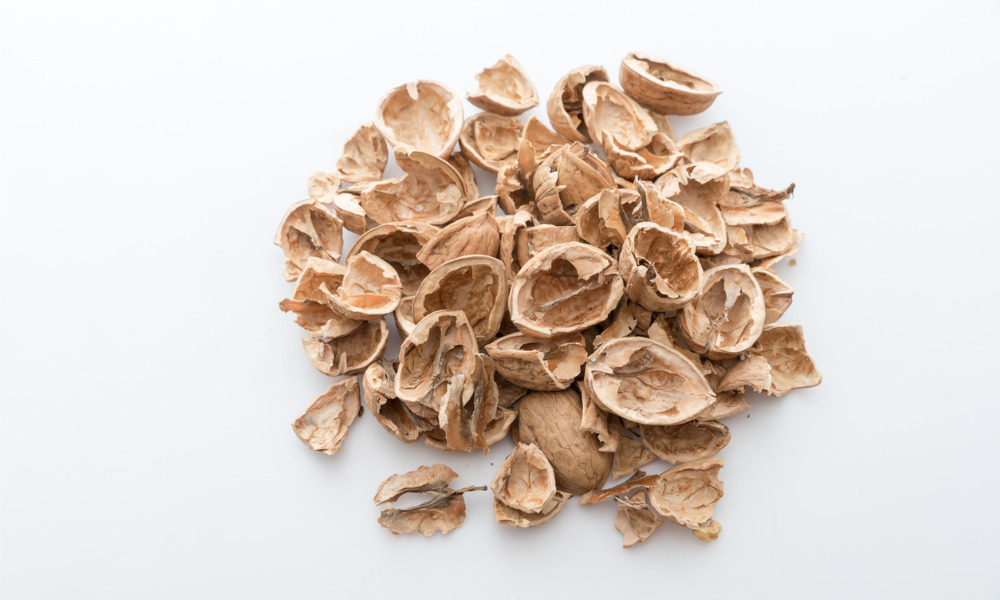Reactions from material made from nut shells or rice hulls could be ‘serious or fatal’

WorkSafeBC has issued a risk advisory warning to employers on potential allergic reactions that may arise from exposure to organic blasting material.
Though abrasive blasting media made from organic material such as crushed nut shells, corn cobs, fruit kernels, and rice hulls are generally considered safe compared to inorganic silica sand or metal, WorkSafeBC warned that it can still be a health hazard for workers who are allergic to the material.
“A worker who has an allergy to the blasting media and is present during or after abrasive blasting may inhale, touch or ingest particles that trigger an allergic reaction,” said WorkSafeBC. “This reaction could be serious or fatal.”
At risk
Industries that use blasting media in operations that include the cleaning of turbines and aircraft engines; deburring, deflashing and finishing operations; paint stripping and coatings removal; and deflashing components in electronic industries are particularly at risk.
The material can also be applied in air blasting, wheel blasting and tumbling operations; and in porosity enhancement for grinding wheels and ceramics in burn-out applications.
Prevention
Employers have a responsibility to regularly inspect their workplace and ensure that their safety procedure and practices control the risk, said WorkSafeBC.
In order to reduce the risk of allergic reactions, employers must identify the use of potentially allergenic organic blasting materials during pre-job planning, and in scope-of-work documentation.
Employers must also inform workers about the risk and ask them to identify if they could be allergic to the blasting material. Those who are allergic must not be at the site during the blasting operation, and employers must post signs identifying the hazard during blasting operations and clean-up, as well as secure the blasting site against unauthorized entry by unprotected workers.





